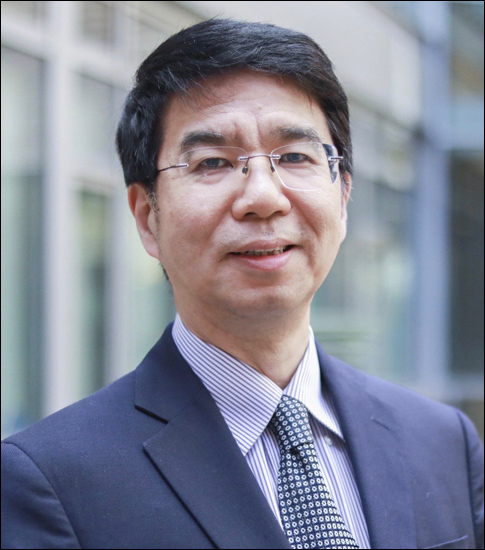
ACM Charles P. "Chuck" Thacker Breakthrough in Computing Award
USA - 2025
citation
For fundamental contributions to the design and automation of field-programmable systems and customizable computing.
Jason Cong has been working on tools to automate integrated circuit design during his entire career, and has mostly focused on tools for Field-Programmable Gate Arrays (FPGAs). These are chips where the logic can be "programmed" by the user after manufacturing. This ability to change the functionality after manufacturing has made them popular in many applications including data centers, telecommunications, aerospace and defense, and automotive.
While FPGAs are programmable, creating the configuration files for them is a complex task and difficult for users to complete. Prof. Cong has spent much of his career building tools to address this problem, so today it is possible to use software programming languages such as C or C++ to program an FPGA, significantly broadening their accessibility and usability. In addition to working out the basic algorithms, Prof. Cong with his students created commercial tools that embed these algorithms that power the FPGA design tools in use today.
Back in the late 1990s he worked on how to map logic onto the look-up tables that are the building blocks of FPGAs. This was a difficult problem which was solved using heuristics. Prof. Cong and his students made a major theoretical breakthrough when they showed this problem could be solved exactly in polynomial time. This insight led to the creation of Aplus Design Automation to commercialize this technology, and it now is used in all FPGA synthesis tools.
While his early work enabled designers to use a hardware description language like Verilog to design FPGAs, it was still difficult for software application engineers to program. In the 2000s Prof Cong's group started working on High-Level Synthesis (HLS) to enable FPGAs to be programmed from C/C++ descriptions. This successful effort led to AutoESL, a spin-off from his lab at UCLA, which was acquired by Xilinx in 2011 (now part of AMD). AutoESL's product, named AutoPilot, is the basis of today's AMD/Xilinx's high-level synthesis tools.
Having created these tools, Prof. Cong then applied them to Customizable Domain-Specific Computing, where he and his team designed a wide range of domain-specific accelerators with FPGAs, from deep learning, to medical image processing, genomic sequencing, data compression, satisfiability solving, and many other computationally intensive tasks. Such customized computing solutions demonstrated orders of magnitude energy efficiency improvement over conventional CPU-based computing approaches.
ACM Fellows
USA - 2008
citation
For contributions to electronic design automation.
